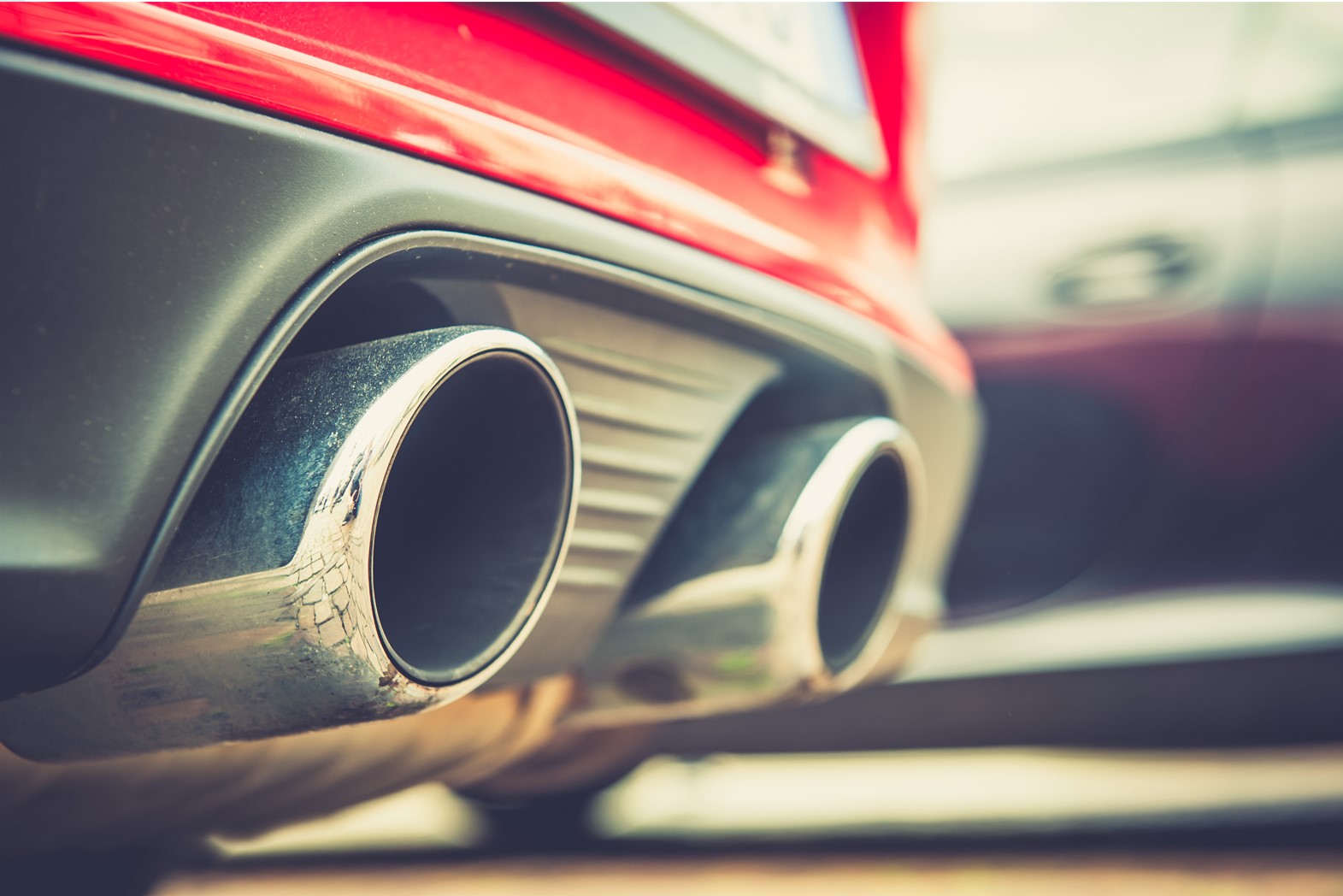
Why Is My Exhaust System Making That Weird Sound?
Editor’s Note: This blog has been updated as of October 2021 to reflect current technical knowledge and industry standards.
Is your exhaust system sending out a loud, obnoxious sound or just sounding louder than usual? If so, there is possibly a leak in your exhaust system. While odd engine noises are probably the most obvious signs of an exhaust leak, there are some other reasons why you may have an exhaust system issue.
Regardless of the severity of the noise coming from the engine, it is important to understand what a leaking exhaust system means for your vehicle. Today, the certified technicians at Christian Brothers Automotive Jackson are here to help you understand why a leaking exhaust is a problem and how to keep your vehicle safe. Before we explain an exhaust leak, there are a few things you need to know about the exhaust system itself.
How Do Car’s Exhaust Systems Work?
Your exhaust system is made up of several pipes, all connected throughout your vehicle. Exhaust first exits the engine, then travels through the pipes and out the tailpipe. The catalytic converter (or ‘cat’) burns off many toxins, the most notable being carbon monoxide and hydrogen monoxide. Once the toxins are removed, they can safely enter the environment after they pass through the muffler. The muffler is called the muffler because it does exactly that, muffles and tones down the noise the exhaust system makes, allowing for a peaceful drive.
You can read more about how your vehicle’s exhaust system’s parts work together on our blog.
How Long Do Exhaust Systems Last?
Your engine creates and releases a large number of chemicals and it is largely on the exhaust system to break down and contain these toxins, making it a critical component of your vehicle's system. A well-maintained exhaust system should last two to three years but can wear out sooner depending on your driving habits, as well as the level of professional maintenance it receives.
Some of the things that can wear your exhaust system out include:
- Road Conditions – Road conditions play a role in the lifespan of your system, as natural debris such as rocks and sticks can hit your system while driving. As well, hitting the driveway at the wrong angle, running over potholes, and other types of bottoming out can create a hole in your system.
- Environmental Effects – If you find yourself driving in a winter wonderland, be careful of the salt and other chemicals used on the road. This can cause damage to your vehicle’s exhaust system after some time due to the materials used. Be sure to wash your car more often to reduce the damage to your exhaust system.
- Types of Driving – How you drive can also wear down your exhaust system after some time. If you often make short trips, the metal parts of your system can begin to corrode since the exhaust system does not get hot enough to make any water in the system evaporate.
- Age of Components – Your exhaust system has many parts that work together perfectly to achieve peak efficiency. If just one part begins to wear down, you will see a huge dip in quality. Depending on the age of each specific component, you may find yourself needing more repairs and service.
What Are the Symptoms of an Exhaust Leak?
If not detected early, your exhaust pipes will eventually rot away from corrosion leading to a car that will need costly repairs and replacements.
Symptoms of an exhaust leak in your system include:
· Unusual Noises – If your engine has gotten quite a bit louder over time or seemingly overnight, experiencing off noises like popping and spitting, or even emitting extremely unusual vibrations, you most likely have an exhaust leak in your vehicle.
· Odd Smell in Cabin – As soon as you notice exhaust fumes in your vehicle’s cabin, you should have your system inspected by a professional as this is very harmful to breathe in. Other smells, such as sulfur and gasoline, can also be indicators of an exhaust leak.
· Loss of Engine Power – If the airflow is distributed, your engine can lose horsepower, decrease acceleration, and just operate weaker than before, especially when the engine is revved, or high speeds are reached.
· Decreased Fuel Efficiency – When you have an exhaust leak, your engine works quite a bit harder to operate. This decreases your fuel efficiency, resulting in needed to fill up more at the pump. Any unexplained decreases in fuel efficacy should be a sign of concern for any driver.
The only way to know whether the leak occurs before or after the catalytic converter is with an inspection at our Jackson auto repair shop. At the first sign of any of these above symptoms, you should request an appointment with one of our certified auto mechanics in Jackson. This will provide you with peace of mind that you and your family will remain safe in your car, as well as prevents costly repairs and replacements down the road.
The Nice Difference in Jackson Exhaust Service
Do not take a chance with your car’s operation or your family’s health. As soon as you hear your exhaust system begin to rattle or rumble, call our auto repair shop in Jackson for an exhaust system inspection and high-quality exhaust system service. Our professional technicians will determine the source of your leak, provide you with the necessary service to prevent current and future problems, ensuring your car is safe to drive.
To schedule an exhaust check today, call Christian Brothers Automotive in Jackson, Tennessee at (731)-256-7273.

[1].jpg)
sunwash-tech-with-customer.png)




